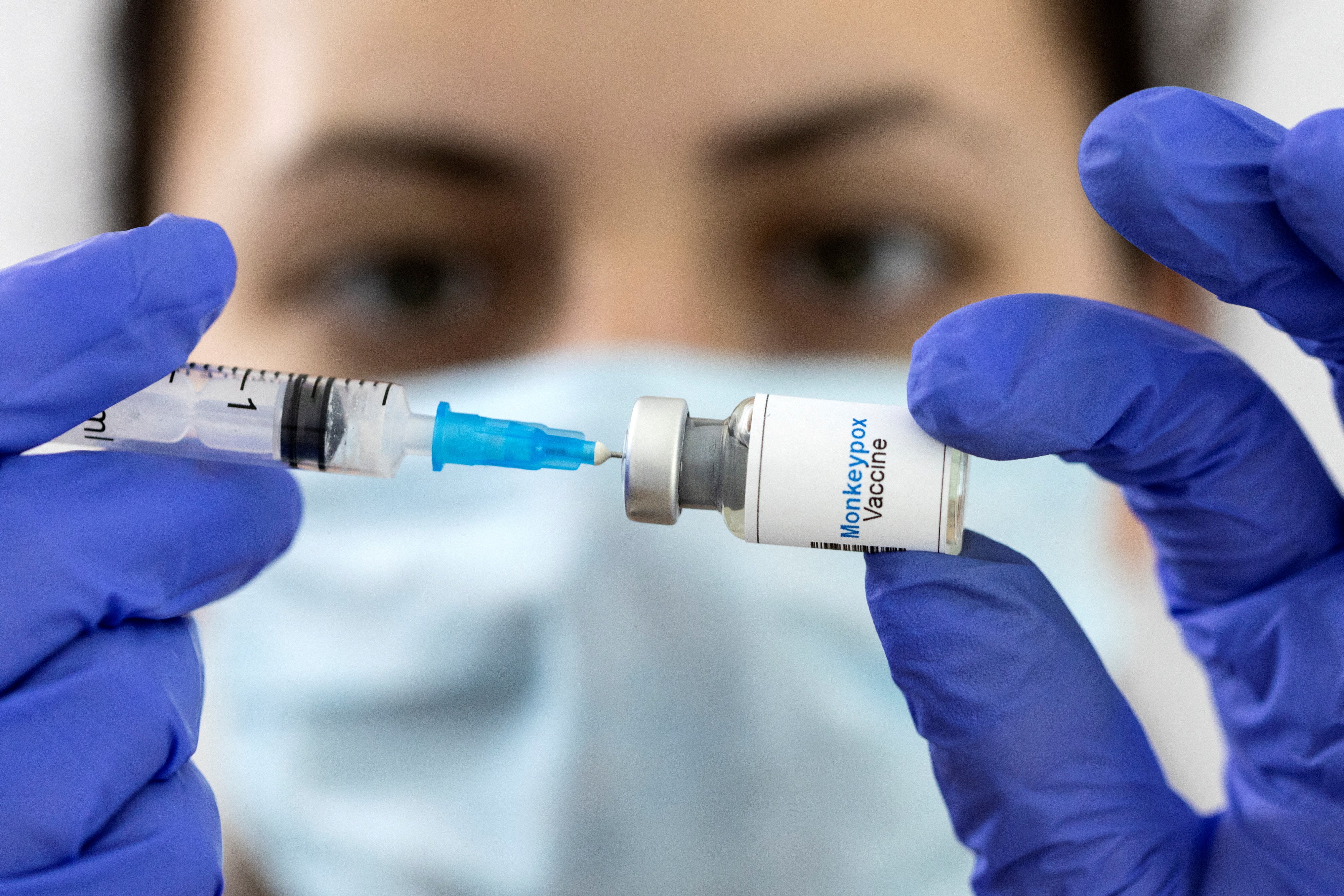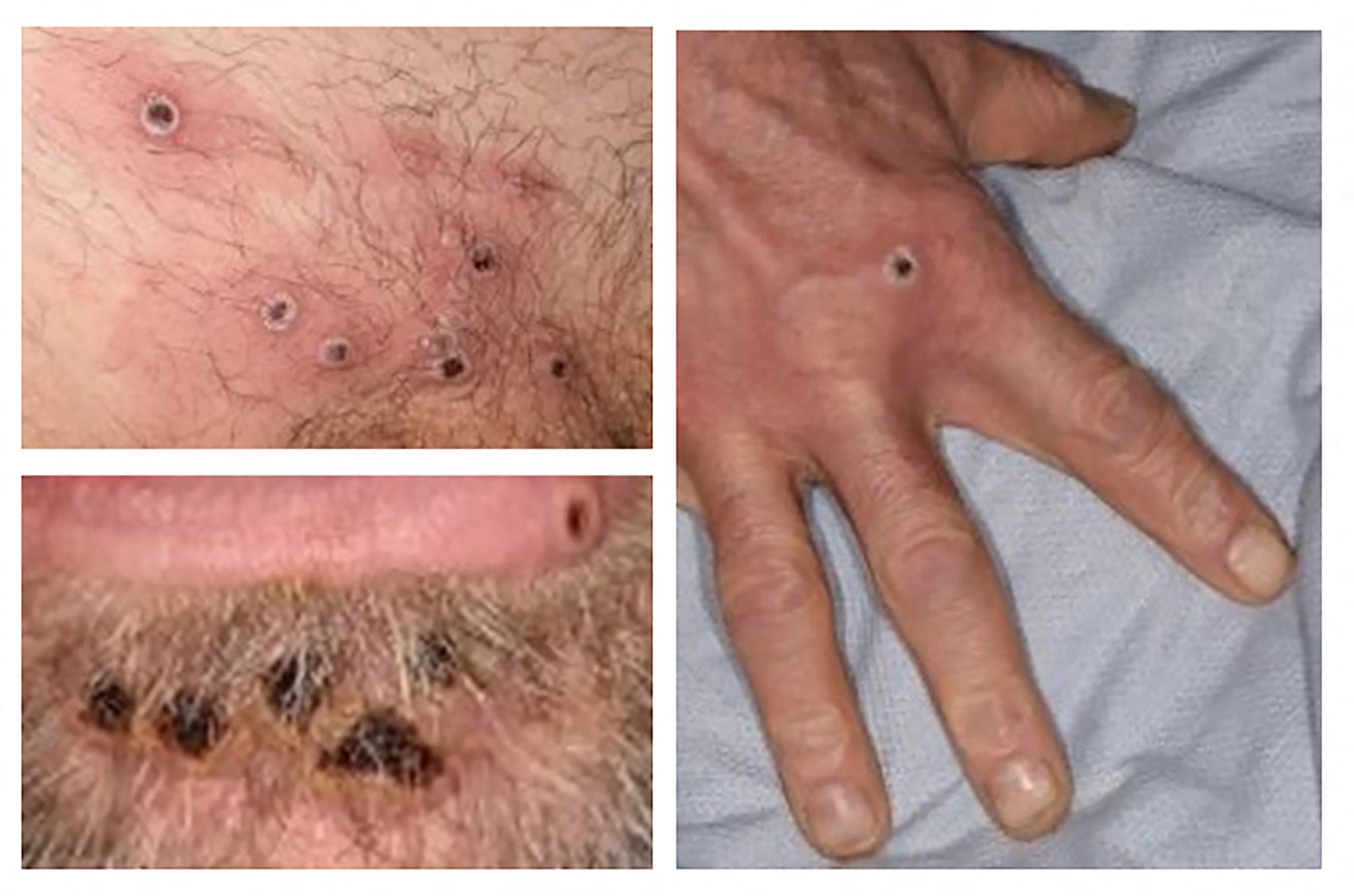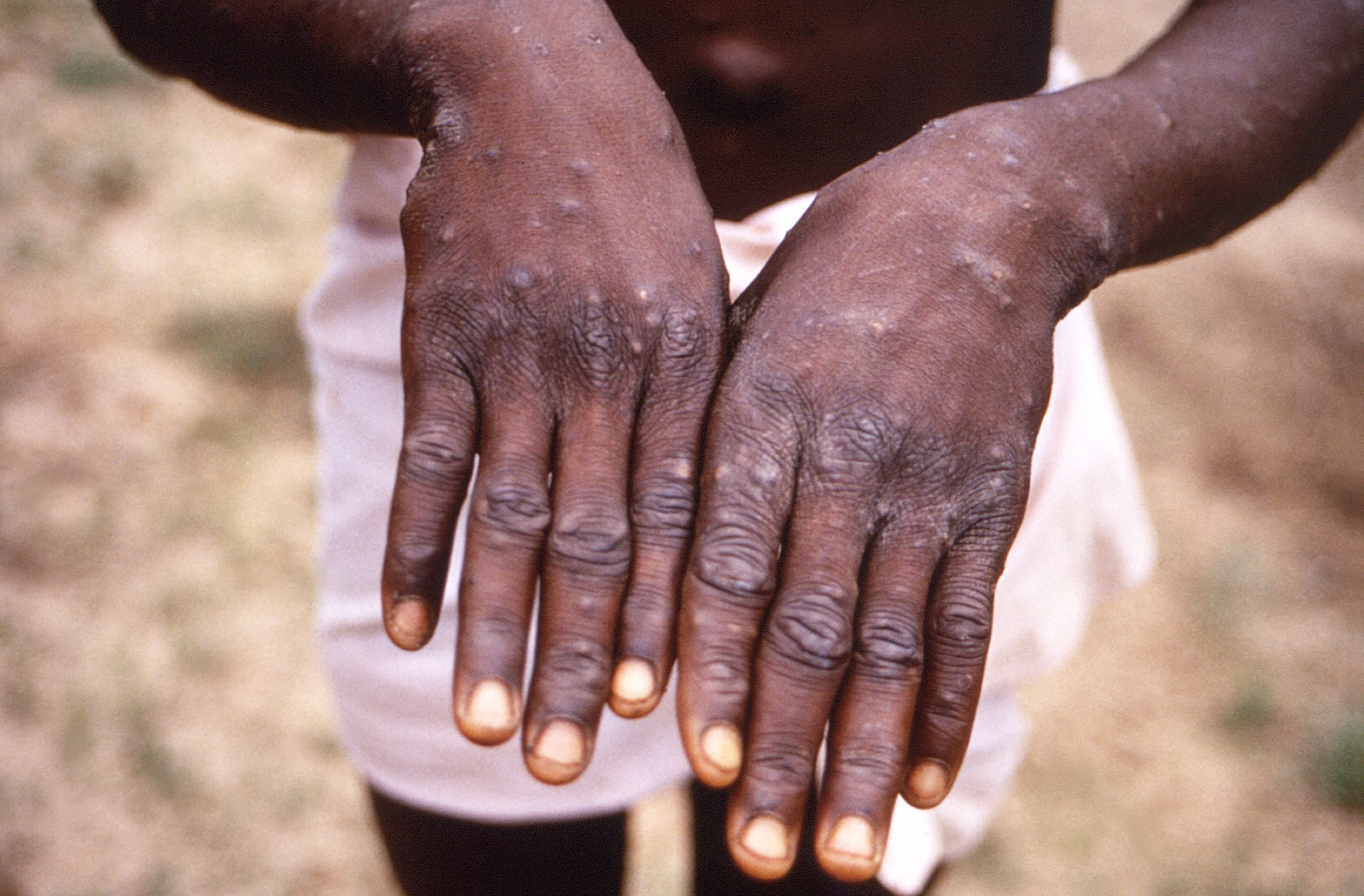Monkeypox mutating 12 times faster than expected amid warning UK cases could hit ‘60,000 a day’
‘We expect cases to rise further in the coming days and weeks,’ the UKHSA says

Monkeypox is mutating up to 12 times faster than expected, a study says, amid warnings the UK could see as many as 60,000 new cases a day by the end of the year.
As of Sunday 26 June, there were 1,076 cases across the UK, up by 166 on the previously Friday with health experts stating the outbreak is likely to spread further over the coming weeks.
While a surge to tens of thousands of daily cases in six months might seem exteme, scientists have found the virus appears to be mutating at an unusual rate.
In a study published in journal Nature Medicine, Portuguese researchers found samples of the virus had 50 mutations in its DNA compared to 2018. That’s between six and 12 times the number scientists would normally expect over the same time period.

Professor Adam Kleczkowski, a mathematician at the University of Strathclyde, warned Britain's infections could keep rising until the end of year — when a peak of just under 60,000 people could be catching the virus every day.
“Unless a combination of contact tracing and ring vaccination stops the spread, the monkeypox will continue spreading,” Professor Kleczkowski said.
Professor Kleczkowski estimated that each infected person would go on to infect two more people - known as the R number.
He added that 53 per cent of a population would need to be infected for enough people to have immunity to stop the virus spreading — known as herd immunity.
Based on these parameters, he modelled how the outbreak would unfold if all males aged 50 and under are susceptible to the virus. This equates to 40 per cent of the UK's population — around 26.8million people — and is classified as a “large population at risk”.
He said the parameters are based on the over-50s likely having some immunity from smallpox vaccinations, which the UK stopped rolling out in 1971, and the spread so far mainly occurring among men.

Professor Kleczkowski also highlighted another scenario that would see cases drop dramatically this summer as “at risk” groups become immune to the virus. So the R number can be close to or even lower than one, and the transmission would stop.
The UKHSA announced last week a vaccine shown to be effective against monkeypox is to be offered more widely in the UK in an attempt to curb the spread of the viral infection.
Dr Mary Ramsay, head of immunisation at UKHSA, said: “We are continuing to see a notable proportion of cases in gay, bisexual and other men who have sex with men. By expanding the vaccine offer to those at higher risk, we hope to break chains of transmission and help contain the outbreak.”
Dr Sophia Makki, incident director at the UKHSA, added: “The monkeypox outbreak in the UK continues to grow, with over a thousand cases now confirmed nationwide.
“We expect cases to continue to rise further in the coming days and weeks. If you are attending large events over the summer or having sex with new partners, be alert to any monkeypox symptoms so you can get tested rapidly and help avoid passing the infection on.
“Currently the majority of cases have been in men who are gay, bisexual or have sex with men. However, anyone who has had close contact with an individual with symptoms is also at increased risk.
“If you are concerned that you may have monkeypox, don’t go to events, meet with friends or have sexual contact. Instead, stay at home and contact 111 or your local sexual health service for advice.”
Join our commenting forum
Join thought-provoking conversations, follow other Independent readers and see their replies
Comments
Bookmark popover
Removed from bookmarks